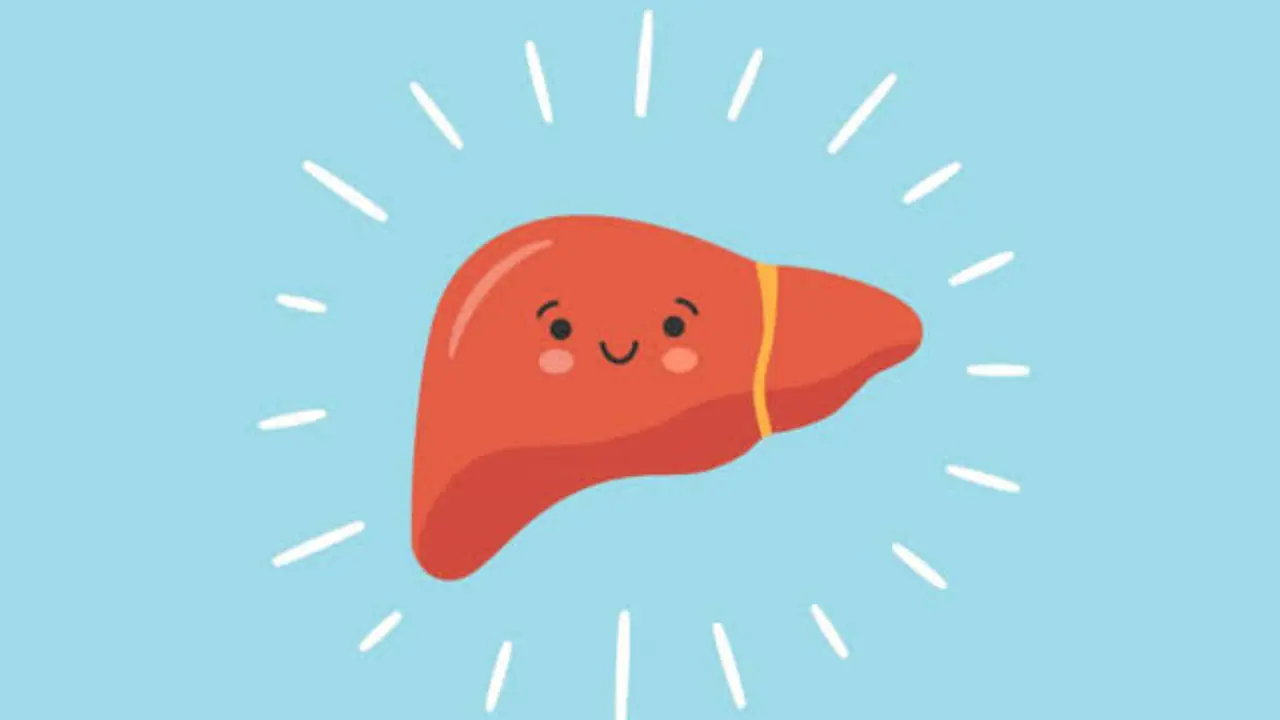Liver disease is often called a "silent" condition because it can develop slowly without causing noticeable symptoms.
Catch liver issues early with a simple Liver Function Test (LFT). Learn how this blood test helps detect liver damage before symptoms appear and who should get tested.

The liver is one of the most important organs in your body. It helps remove toxins, break down food, store energy, and produce proteins and bile that support digestion. Despite its many roles, the liver often shows no signs when something is wrong. This is because it can keep working even when it is damaged. As a result, liver problems can go unnoticed for years until they become serious.
That is why early detection is so important. A simple blood test, such as a Liver Function Test (LFT), can help identify signs of liver stress or damage before symptoms appear. Getting tested early gives you the chance to take action and protect your liver health.
What Does the Liver Do and Why Is It So Important?
Your liver is one of the hardest-working organs in your body. It performs hundreds of important tasks every day to keep you healthy. These include:
- Removing toxins from your blood, including alcohol, medications, and harmful substances
- Breaking down nutrients like fats, carbohydrates, and proteins so your body can use them for energy and repair
- Producing proteins that help your blood clot, support your immune system, and maintain fluid balance
- Making bile, a substance that helps digest fats and absorb vitamins
- Storing nutrients, such as vitamins, minerals, and glycogen (a form of energy)
Why Liver Disease Often Goes Unnoticed in the Early Stages
Liver disease is often called a "silent" condition because it can develop slowly without causing noticeable symptoms. This makes early detection difficult but very important.
Here’s why liver problems may go undetected:
- Mild or vague symptoms: Early signs like fatigue, weakness, or a general feeling of being unwell are common and can be mistaken for stress, poor sleep, or other everyday issues.
- Liver’s ability to compensate: The liver can continue to function even when part of it is damaged. Healthy liver cells take over the work of damaged ones, which delays the appearance of symptoms.
- Lack of routine screening: Many people do not undergo liver health checks unless they have known risk factors or symptoms, which means problems may not be found until they are more serious.
By the time these signs are noticeable, liver damage may already be advanced. That is why regular health checkups and simple blood tests, such as a Liver Function Test (LFT), are important for early detection and timely care.
The Liver Function Test (LFT): A Simple Way to Check Your Liver Health
The Liver Function Test (LFT) is a group of blood tests that help assess how well your liver is working. These tests measure specific enzymes, proteins, and waste products in your blood that are either made by the liver or processed through it.
Key components of an LFT include:
- Total Bilirubin
- Direct (Conjugated) Bilirubin
- Indirect Bilirubin
- Alanine Aminotransferase (ALT/SGPT)
- Aspartate Aminotransferase (AST/SGOT)
- AST/ALT Ratio (De Ritis Ratio)
- Alkaline Phosphatase (ALP)
- Total Protein
- Albumin
- Globulin
- Albumin/Globulin (A/G) Ratio
Abnormal results may point to conditions such as hepatitis, fatty liver disease, or bile duct obstruction. However, LFTs are not used alone to diagnose a condition. Your doctor will interpret the results along with your symptoms, medical history, and possibly other tests.
You can book a comprehensive LFT Test through Apollo 24|7. The process is convenient, includes home sample collection, and is designed to fit your schedule. For the most accurate and current LFT Test price, it is best to check the Apollo 24|7 website, use their mobile app, or contact their customer support team directly. Pricing may vary based on your location, available offers, or membership benefits.
Who Should Get a Liver Function Test (LFT)?
You may benefit from an LFT if you:
- Have symptoms of liver disease, such as:
- Fatigue or weakness
-Yellowing of the skin or eyes (jaundice)
-Dark urine or pale stools
-Abdominal pain or swelling
-Nausea, vomiting, or loss of appetite
- Have risk factors for liver damage, including:
-A history of alcohol use or alcohol use disorder
-Obesity, diabetes, or high cholesterol
-A family history of liver disease
-Hepatitis B or C infection, or exposure to these viruses
-Use of medications that can affect the liver, such as certain antibiotics, statins, or anti-seizure drugs
- Are undergoing treatment for a known liver condition and need to monitor disease progression or response to therapy
- Need a pre-surgical evaluation to ensure the liver can handle anaesthesia and recovery
- Are part of a routine health checkup, especially if you are over 40 or have other chronic health conditions
Conclusion
Your liver plays a vital role in keeping you healthy, but liver problems often don’t show clear symptoms until they’ve progressed. That’s why early detection is so important. A simple LFT Test can help catch signs of liver damage before you feel unwell, giving you the opportunity to take action sooner. Whether you have symptoms, risk factors, or just want peace of mind as part of a routine checkup, talking to your doctor about getting an LFT is a smart step toward protecting your liver and your overall health.


